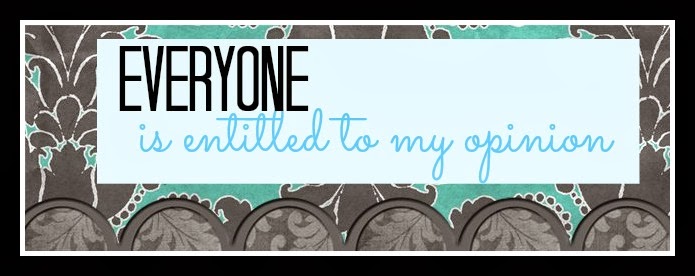Sometimes I publish things here that others have written. If it ends up here, that pretty much means I think it is so good that I wish I'd written it myself. As the Boy Scouts of America seeks input on its policy against homosexuals, people are posting opinions all over the place. On Facebook today Rob Rasmussen posted a piece on the Inclusive Scouting Network's wall in response to a question asking, among other things, why this policy is detrimental. I don't know Rob, but I was so impressed with this response that I sent him a friend request and a message asking for permission to post his words here.
(Edited to add that Rob is an Eagle Scout but is so modest I had to ask him, he did not volunteer that information even though it is directly pertinent to the topic and, I think, makes his words that much more powerful.)
This appears exactly as he sent it to me, except I added bold type for the key words from the Scout Law.
(Edited to add that Rob is an Eagle Scout but is so modest I had to ask him, he did not volunteer that information even though it is directly pertinent to the topic and, I think, makes his words that much more powerful.)
This appears exactly as he sent it to me, except I added bold type for the key words from the Scout Law.
An exclusionary policy makes BSA look like the bad guys, and that appearance would be accurate. We look back on any sort of exclusion or segregation in the past as a horrible thing now a-days and that is the exact same thing an exclusionary policy is now. What exactly is it that people are trying to foster by excluding anyone.
Let's look at this through a Scouting perspective, ideally the Scout Law.
Is an exclusionary bent Trustworthy?
No, if the Scouts don't trust someone enough to let them in how do they trust any Scouts?
Is it Loyal?
No, many Scouts and Scouters have friends and family that could be excluded, and that is not being loyal to them. Many Scouts and Scouters themselves could be excluded, and that is not loyalty at all.
Is it Helpful?
Does it help anybody to be excluded from Scouting. I know I owe a large part of my capabilities to Scouts, it would have been horrible for me to not have been allowed to participate.
Is it Friendly?
No, when is excluding someone ever friendly?
Is it Courteous?
See friendly. Being courteous requires giving concession to others.
Is it Kind?
Yet again an obvious one. Telling someone No they can't play is the exact opposite of kindness, it's just mean.
Is it Obedient?
Technically, this wouldn't apply either way.
Is it Cheerful?
No, you're making a hard decision against a large group, that would not be a cheerful act. Including people is a cheerful act, everyone gets to be happy.
Is it Thrifty?
No, Scouts and Scouters pay dues and buy gear and uniforms, by telling some people they can't participate you are explicitly denying yourself money, the opposite of Thrift.
Is it Brave?
No, exclusion is a coward's act. By telling someone they can't join you are saying you fear that person and their ways. Bravery would require acceptance.
Is it Clean?
To me, telling someone they can't play because they are different feels dirty.
Is it Reverent?
Oh, I think we found our problem. Some religions and sects would very much say that it is reverent to exclude people here, of course many of those sects would also say that excluding anyone that isn't in the same faith is right, but they are Scouts and Scouters of multiple religions and denominations. I know most of my troop was Christian, but I have met Jewish, Muslim and Buddhist Scouts, just to name a few, and they weren't turned away despite having different beliefs. They are many churches and religions that are accepting of most lifestyles in today's culture. Why should Scouting take the opposite approach.
TL/DR- The Scout Law indicates that exclusion is the wrong policy. If you want the Scouts to follow that, then maybe Scouting as a whole should as well.
Thanks Rob. I sincerely appreciate the words and the permission to share them.

No comments:
Post a Comment